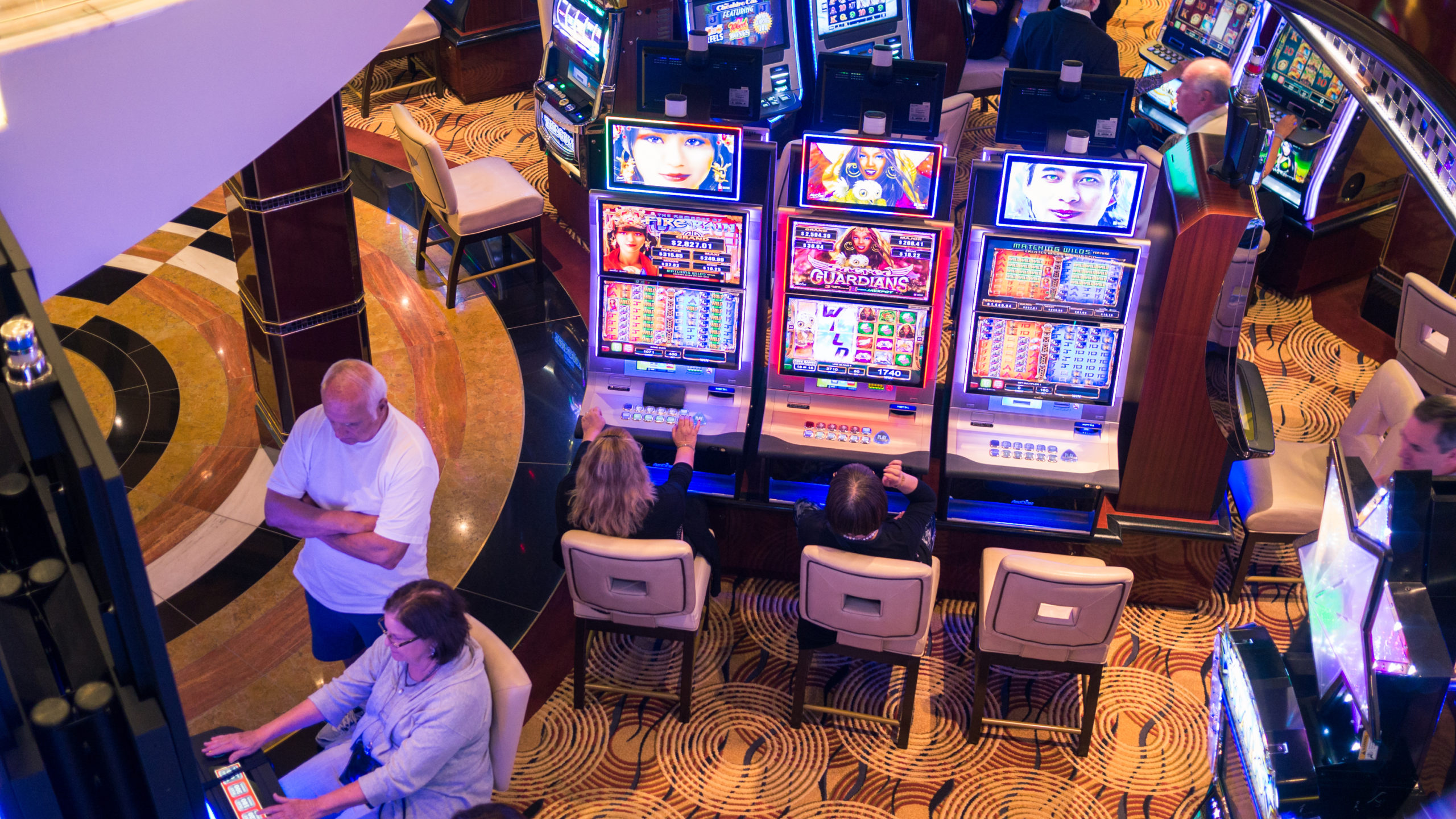
Gambling in casinos has long been a topic of interest and controversy, drawing in millions of players globally. With a mix of luck, skill, and the thrill of risk, casino games offer an exhilarating escape from everyday life. However, as entertainment becomes ever more accessible, it calls for a deeper examination of the ethical implications surrounding these games.
At the heart of the debate lies the issue of whether casinos promote responsible gaming or take advantage of vulnerable individuals. The allure of potential winnings versus the truth of losses can create a complex situation, and understanding this balance is essential for both players and operators. As we delve into the ethics of casino gaming, we will explore the responsibilities of casinos, the impact on society, and the steps that can be taken to foster a healthier gaming environment.
The Impact of Casino Gaming on Society
Gambling in casinos has a considerable influence on societal dynamics, affecting not only the economy but also social behaviors and community structures. The income generated from casinos can lead to job creation and boost regional economies, as they provide various employment opportunities in different sectors including food and beverage, leisure activities, and shopping. However, while the economic advantages can be significant, communities often grapple with the possible negative impacts that arise from higher gambling activity.
Moreover, the presence of casinos can lead to an increase in gambling addiction, presenting serious challenges for individuals and families. The excitement of casino games can quickly evolve into a habitual habit, affecting connections with others and leading to financial instability. Many individuals may struggle with the loss of control over their gambling behaviors, resulting in a need for community support services and interventions to address this growing issue. The social cost of gambling addiction can ripple through families and neighborhoods, creating an urgent need for responsible gaming initiatives.
In addition to the economic and social consequences, casino gaming often reflects cultural attitudes towards risk and leisure. It can foster a sense of excitement and leisure, attracting visitors and boosting tourism. However, this allure may also mask the broader implications of gambling as a method of entertainment, raising ethical questions about its promotion and accessibility. As communities weigh the advantages and drawbacks of casino gaming, the need for responsible practices and oversight becomes increasingly critical in ensuring that the positive aspects are maximized while minimizing the potential harms.
Moral Concerns in Gambling Practices
The ethics of gambling gaming often revolve around the potential for dependency and its consequences on people and households. Betting can lead to significant financial distress, impacting not only the betters but also their families. As individuals become entrapped in the appeal of winning, many lose sight of their financial limits, which can result in devastating results such as bankruptcy. This raises ethical questions about the duty of casinos in fostering safe gambling habits and offering support for those who may be struggling with gambling addiction.
Another major issue is the promotion of gambling to at-risk populations. Casinos often aim at low-income individuals or communities with the offer of quick rewards, which can continue patterns of poverty and despair. In this situation, the ethics of advertising strategies used by gambling establishments come under scrutiny, as they may take advantage of the need of individuals seeking an way out from economic troubles. This manipulation raises ethical questions about the integrity of the gambling industry and its obligation to safeguard its most vulnerable patrons.
Additionally, the effect of casino gaming on the community as a entirety cannot be ignored. While some argue that gambling establishments create jobs and boost local economies, others point to the community costs associated with problem gambling, increased criminal rates, and a burden on public services. Balancing financial advantages with the potential for community issues presents a complex ethical dilemma for lawmakers and gambling operators alike. 33win The challenge lies in discovering a responsible approach that prioritizes the well-being of people and society while still permitting for the enjoyment of gambling activities.
Regulation Framework and Responsibilities
The regulatory structure pertaining to casino activities is designed to ensure fairness, trustworthiness, and gambler safety. Different government agencies and casino commissions establish and implement regulations that dictate how gaming games work, the guidelines for product design, and the protocols for processing prizes. These regulations change by locale but typically involve licensing requirements for businesses and strict measures to prevent deception and scams.
In furthermore to governing bodies, gambling establishments bear significant responsibility in maintaining principled standards within their establishments. They must adopt safe gambling practices that promote player safety and awareness, including providing self-limitation options and providing information about the dangers related to gambling. Casinos are also responsible for training employees to recognize signs of compulsive betting and understand the proper steps to help patrons in need.
Moreover, transparency in casino operations is crucial for gaining and maintaining public faith. Gaming establishments should offer clear information about the odds of operations, marketing deals, and any connected hazards. By creating an atmosphere of honesty and responsibility, casinos can help mitigate the likelihood harmful impact of gambling while enhancing the general gambling experience for all gamblers.



